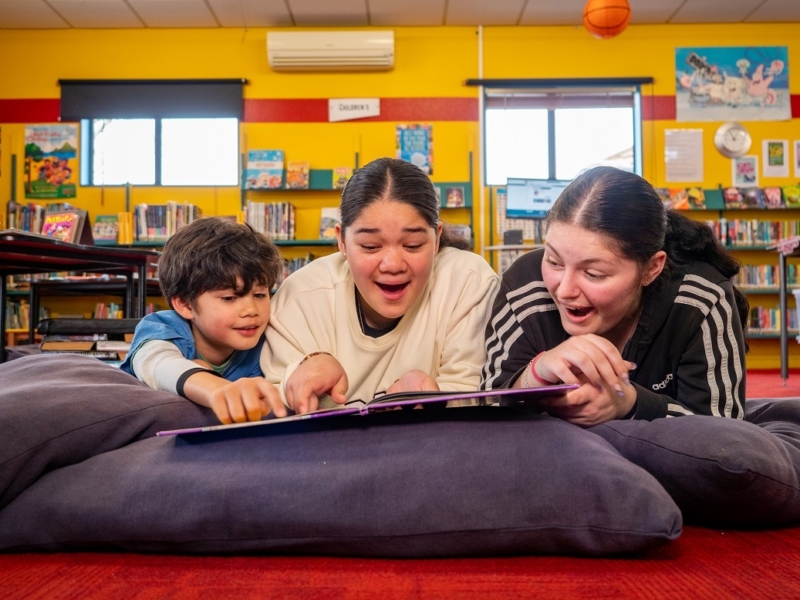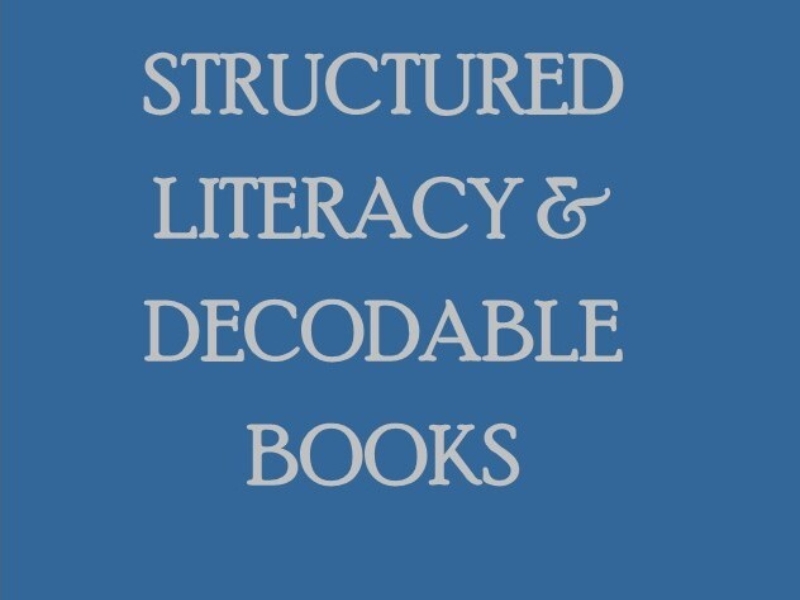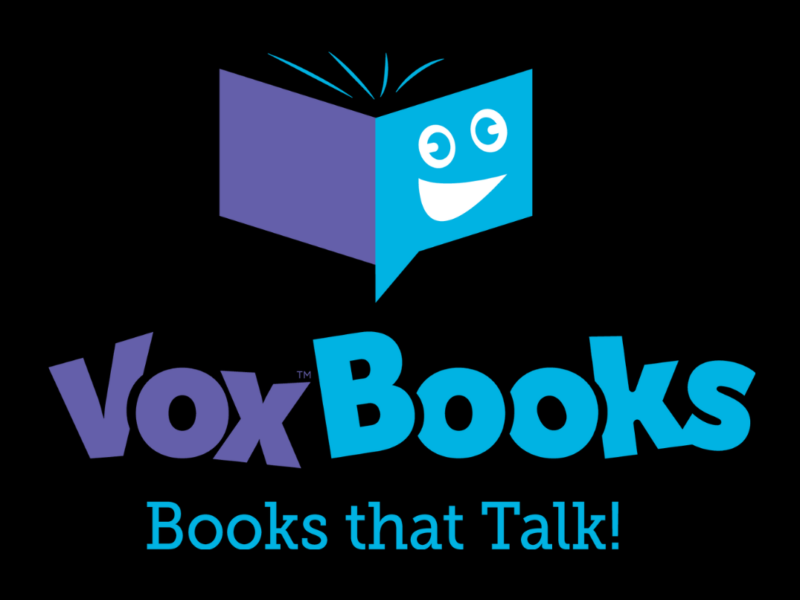There is much talk about ‘reading for pleasure’ (RFP) particularly for children. So, what is it and why is it important?
“RFP refers to reading that we do of our own free will anticipating the satisfaction that we will get from the act of reading…It typically involves materials that reflect our own choice at a time and place that suits us.”
Though there are probably more individual sources of this inner sense of joy and gratification that reading lovers want and hope to return to with every book they open, there are, arguably, some common ones. It can come from being cocooned by the world created in the writing, from the excitement, puzzlement, humour or tension evoked, through identifying with characters, or with the events or emotions explored and distilled or from a combination of any or all of these.
Significantly, it can also be nurtured through the more social side of reading. The dialogue we have with characters and/or the sharing with others of our thoughts and ideas about or passages from books. Think of how friendships or family bonds are deepened as well as the fun evoked in children as they read jokes aloud or share some weird and wonderful fact from a copy of the Guinness World Records.
Another important source of enjoyment in reading is when we perceive a connection between texts[1] (in its widest sense e.g. books, films, music, etc.) particularly in works produced by different authors. This intertextuality, where one text references another, can enhance our understanding or even create in us a new interpretation of the work we are reading and/or of the work alluded to[2]. Such association may or may not be deliberate on the part of the author but either way, if it is recognized by the reader, as they bring their prior reading and knowledge to the work, intertextuality can be a significant agent of delight and satisfaction, enhancing the reading experience. Arguably, this is one reason why reading widely is pivotal to creating live long readers.
So why is RFP so important – important enough for it to be now included in the New Zealand English curriculum?
The National Library of New Zealand, record several considerable benefits in RFP including
- Develops empathy, in not just ourselves but in others and in diverse cultures and “ways of thinking and being”
- Increases agency, helping young readers to become informed and “active citizens”
- Advances academic performance, and thereby, potentially increasing confidence and choice
- Heightens social and psychological wellbeing
Equally significant gains of RFP, are found in Professor Teresa Cremin’s research at The Open University such as
- Develops richer vocabulary which in turn empowers young readers to better articulate and express their thoughts and ideas
- Enriches critical thinking, enabling children to think more diversely and individually about what they are reading and about the world around them. This can also lead to more informed decision-making.
- Develops more assured and fluent reading skills, which arguably encourages more reading.
So how do we foster and/or what motivation drives reading for pleasure?
Next month we will delve more into these areas but here are two main conclusions formed by the research referenced.
- We need to find out who our children are as readers (their likes, dislikes, their reading habits). Do they like to read in the morning, night, what do they like to read, adventure, comics, fantasy, humour etc.? Who are their go to authors, are they happy to engage in dialogue about what they are reading, or do they prefer to reflect on their own at times? How different would conversation be if you read some of the books your children are reading?
- Give them a choice of reading material and formats, e.g. graphic novels, non-fiction, magazines, novels, jokes, and audiobooks. Include in this works they want to read but may be below/above their reading ability. If the latter, how about reading the book to or with them?
Please join us next month as we continue to explore reading for pleasure.
Kay Hall: Content Development Librarian – Children’s and Young Adult
[1]Nikolajeva, M. Power, Voice and Subjectivity in Literature For Young Readers. N.Y.: Routledge, 2010. Also see Nodelman, P. & Reimer, M. The Pleasures of Children’s Literature. Boston: Allyn and Bacon, (3rd ed), 2003.
[2]Stephens, J. Language and Ideology in Children’s Fiction. London: Longman Group UK Ltd, 1992.





